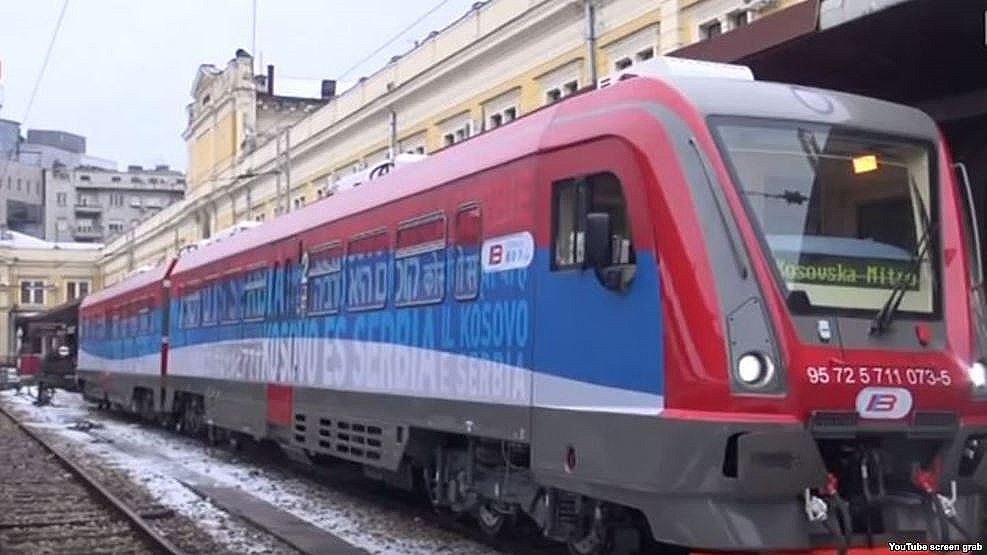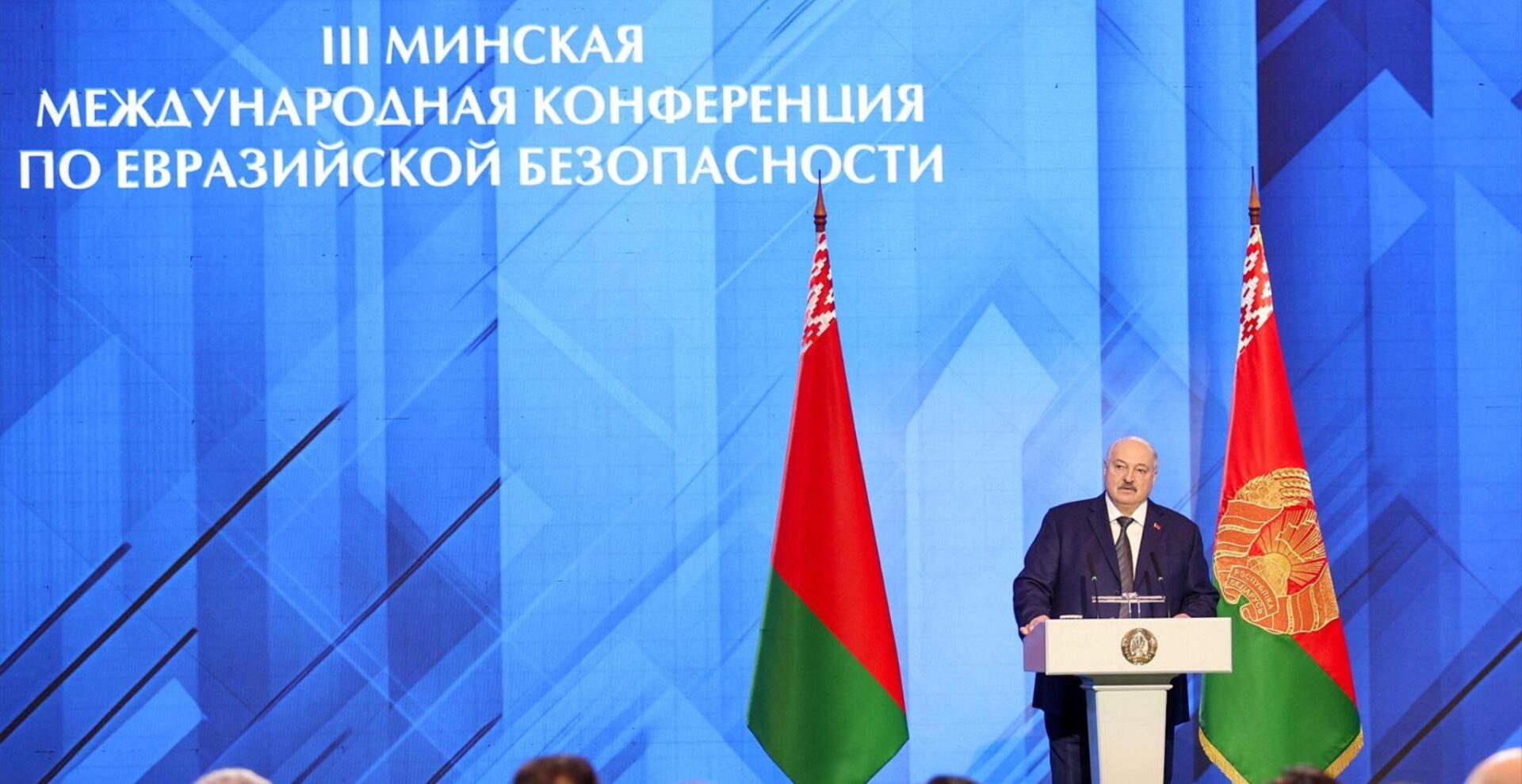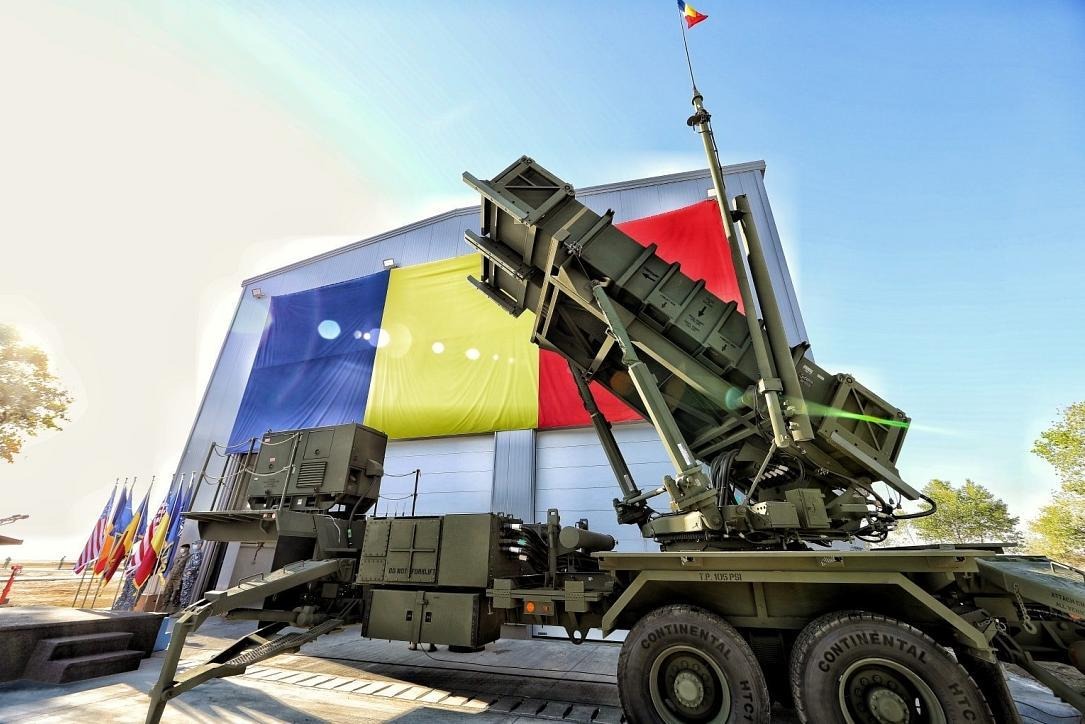
Russia Expands Its Subversive Involvement in Western Balkans
Russia Expands Its Subversive Involvement in Western Balkans
As a number of key countries in the Western Balkans continue to experience serious political volatility, the blame is increasingly falling on Russia’s subversive local activities and an insufficient level of engagement in this region by the European Union and the United States (Shqiptarja.com, January 2). Several months of local crises across the region underscore the fact that the current negative political trends were not solely born of local dynamics (Balkan Insight, January 12).
In Albania—a member of the North Atlantic Treaty Organization (NATO) and a staunch EU aspirant—indications of Russia’s influence are viewed with particular concern due to the country’s history of experiencing instability as a result of sudden geopolitical shifts (Shqiptarja.com, January 2). Domestic political inquietude and conflicts involving ethnic-Albanian communities residing in neighboring Slavic-majority countries are routinely harshly portrayed by various media outlets that support the Kremlin’s and Belgrade’s regional agenda. This dispersed negative media campaign is now inspiring renewed anti-Albanian sentiments among radical and fringe nationalist groups led by mainstream political leaders from both sides of the political spectrum. In particular, such rhetoric is more and more coming from Balkan Slavic populations still loyal to Russia’s Pan-Slavic aspirations (RT, January 16)
With Moscow’s foreign policy attention again focused on the Western Balkans, policymakers in the West should expect growing tensions between the region’s Christian Orthodox and Muslim communities. That is particularly the case because religious identities in the Balkans are once more being altered to respond to nationalist calls to protect territorial claims and minorities living abroad (Balkan Insight, January 10). Similar calls in the past inspired Serbian-backed nationalists during the Yugoslav War. More recently, such sentiment played a role in a potentially dangerous clash between the governments of Serbia and Kosovo, when the former launched a new direct train line between Belgrade and Mitrovica—a highly disputed territory in Kosovo, along the border between the two countries. The train was notoriously painted with words “Kosovo is Serbia,” and its interior decorations featured Christian Orthodox religious motifs that authorities described as “imagery of the Serb cultural and spiritual heritage located in Kosovo and Metohija” (B92.net, January 13).
On its maiden voyage, the Mitrovica-bound train stopped in the southern Serbian city of Raška, following allegations that explosives had been planted along the railway line to halt it from entering Kosovo (RT, January 16). Serbian authorities were quick to denounce the alleged act as a “terrorist” plot carried out by Albanian nationalists. Belgrade also criticized Kosovo for deploying special forces aimed at stopping the train at the border (Sputnik News, January 14). Kosovar authorities denied the allegations of any potential bomb attack but reinforced their commitment to protect the country’s territorial integrity from provocations—particularly of the type that could enable or obfuscate a potential military invasion by its northern neighbor (Shqiptarja.com, January 14). This incident was certainly not the only recent instance when Serbian authorities have pointed to so-called “Albanian terrorists.” And local experts see such cases as explicitly serving Serbia’s political agenda of seeking to undermine Albanian and particularly Kosovar standing in the region (Telegraf.rs, January 11)
The region’s moderate majority-Muslim populations, including those of ethnic-Albanians and Bosniaks, are particularly vulnerable to attacks from Serbian and Russian-supported media efforts. Moscow’s and Belgrade’s information campaigns frequently connect Albanian nationalist movements to Islamist ideologies, while Serbia’s actions are generally characterized as defending its Orthodox Christian heritage against Islamism (Sputnik News, July 21, 2016). Inflammatory statements alleging terrorist attacks organized by Albanian nationalists and Islamist factions have become the norm in both Russian and Serbian media. These news outlets frequently hyperbolize additional reports of Muslim-majority communities in the region purportedly supporting the Islamic State in Syria and Iraq and of pursuing other territorial aspirations in the Balkans, including debates over “Greater Albania” (Sputnik News, October 2, 2016). Although the Western Balkans had, indeed, seen significant numbers of locals leaving to fight alongside extremist organizations in the Middle East since the outset of the war in Syria, depicting nationalist disputes among secular majority-Muslim populations risks becoming a self-fulfilling prophecy for the region. Nationalist agendas may end up becoming hijacked by religious extremist ideologies or recast as larger struggles between Muslims and Christians, instead of merely localized ethnic grievances.
It is no secret that President Vladimir Putin has stirred up Russian nationalism both at home and abroad, and the Kremlin has explicitly cultivated a closer relationship with the Russian Orthodox Church (ROC) for his own political gains. The ROC, in turn, has repeatedly been used by the Kremlin to forge soft power relations with other majority-Orthodox countries across the post-Soviet space and Central-Eastern Europe (see EDM, March 17, 2016 September 13, 2016; November 14, 2016). Similar trends have been observed by Belgrade’s leaders, who are also stirring up religious sentiments and ethnic grievances domestically as well as abroad. Leaders in Kosovo have explicitly stated they fear a “Crimea scenario” by Serbia against ethnic-Serb-majority areas of the country—particularly in light of the weak EU involvement and an uncertain role the United States may play in the region following the election of President Donald Trump. The Western Balkans’ geopolitical future is further clouded by rival interests of Russia and Turkey in the region (Shqiptarja.com, January 2).
Many experts believe that the current volatile situation came about because of years of failed attempts to advance the Western Balkans as a whole toward membership in supranational Euro-Atlantic entities—in particular, the EU and the North Atlantic Treaty Organization (NATO) (Balkan Insight, January 16). But failures have also been homegrown, including as a result of insufficient reforms and the rise of governments unable to fight endemic corruption or engage in constructive dialogue with their neighbors. Successes in terms of cultural exchanges and regional economic links, achieved in post-war years, have all stalled more recently (Balkan Insight, January 12). As fears mount over the West’s collective withdrawal from the non-EU and/or non-NATO Western Balkans, the region’s pro-Russian and pro-Serbian voices are growing bolder in their calls for “Kosovo to return back to Serbia” and for an end to “America’s colonialism.” In the absence of Western institutional backing, the consequences of such rhetoric could further destabilize an already vulnerable region in the heart of Europe.


